 Shutterstock
Shutterstock
Adopting an older dog can be one of the most rewarding decisions you’ll ever make. While many people tend to gravitate toward puppies, older dogs offer a world of benefits that often go overlooked. They come with years of wisdom, experience, and love to give. Older dogs are often already trained, well-behaved, and eager to form a strong bond with their new families. Whether you’re looking for a calm companion or a dog who’s already settled into its personality, adopting a senior dog brings countless rewards.
Older Dogs Are Usually Already Trained
 Shutterstock
Shutterstock
One of the biggest advantages of adopting an older dog is that they are often already trained. Senior dogs usually come housebroken, saving you the time and effort required to potty train a puppy. Many older dogs also know basic commands such as “sit,” “stay,” or “come,” and are often more responsive to learning new ones due to their life experience. This can be especially helpful for first-time dog owners or those who simply don’t have the time to deal with the challenges of training a puppy. Adopting a dog that’s already well-behaved means you can focus on bonding rather than constantly correcting behavior.
They Have Established Personalities
 Shutterstock
Shutterstock
With an older dog, what you see is what you get. Senior dogs have already developed their personalities, so you won’t have to guess what kind of dog they’ll grow into. This is particularly beneficial for families or individuals who want to know if the dog will be a good fit for their home environment. If the dog is calm, laid-back, or energetic, you’ll know right away because their temperament is fully formed. This removes the uncertainty that comes with raising a puppy and allows for a smoother transition into your home.
Older Dogs Are Often Calmer
 Shutterstock
Shutterstock
Puppies can be a handful with their boundless energy and need for constant attention. Older dogs, on the other hand, are usually more mellow and relaxed. They’ve passed the hyperactive puppy stage and are content with shorter walks, naps, and relaxing by your side. This makes them ideal companions for people who lead a more laid-back lifestyle or for seniors who may not have the energy to keep up with a rambunctious puppy. An older dog’s calm demeanor makes them the perfect partner for peaceful living.
They’re Perfect for First-Time Dog Owners
 Shutterstock
Shutterstock
For those new to dog ownership, adopting an older dog can be much easier than taking on the responsibility of a puppy. Older dogs typically have fewer behavioral issues, are often house-trained, and don’t require as much constant attention. Puppies, while adorable, can be overwhelming for first-time dog owners who aren’t prepared for the demands of training, socialization, and exercise that young dogs require. Older dogs come with experience and are generally easier to manage, making them a great choice for someone looking to ease into dog ownership without the stress of raising a puppy from scratch.
You’re Saving a Life
 Shutterstock
Shutterstock
Senior dogs are often overlooked in shelters, as many people opt for younger dogs or puppies. By adopting an older dog, you’re giving a loving animal a second chance at life. Many older dogs are surrendered due to no fault of their own—often because their previous owners moved, passed away, or could no longer care for them. When you adopt a senior dog, you’re not only gaining a wonderful companion, but you’re also providing a dog with the love and care they deserve in their golden years. This can be incredibly rewarding and adds a deeper sense of fulfillment to the adoption process.
They’re Often Healthier Than You Think
 Shutterstock
Shutterstock
There’s a common misconception that older dogs come with a host of health issues, but this isn’t always the case. Many senior dogs are perfectly healthy and capable of living long, happy lives. In fact, most shelters provide a thorough health check before adoption, and any existing health conditions are typically disclosed. Plus, older dogs are past the critical stages of development where they’re more prone to certain diseases, making them more stable in terms of their health. With proper care, senior dogs can enjoy many more years of good health and companionship.
They Require Less Exercise
 Shutterstock
Shutterstock
While puppies and younger dogs may require hours of physical activity to burn off their energy, older dogs tend to have lower exercise needs. A few short walks and some playtime each day are usually enough to keep a senior dog happy and healthy. This makes older dogs perfect for people with busier schedules or those who can’t commit to the high-energy demands of a younger dog. Their lower exercise needs also make them ideal for apartment living, where space may be limited but a comfortable spot to rest is abundant.
They Bond Quickly
 Shutterstock
Shutterstock
Older dogs seem to understand when they’ve been given a second chance, and they often bond quickly with their new owners. Having lived through different experiences, many senior dogs show immense gratitude and loyalty to the people who adopt them. Whether they were previously abandoned or lost their home due to unfortunate circumstances, older dogs tend to settle in quickly and form deep, meaningful connections with their new families. The bond between an older dog and their adopter is often incredibly strong, and the love they give in return is undeniable.
No Surprises in Size
 Shutterstock
Shutterstock
When adopting a puppy, there’s always a bit of a guessing game regarding how big they will grow. With older dogs, you know exactly what you’re getting in terms of size, weight, and build. This is particularly important for people who need a dog that fits their living situation, such as those in apartments or with limited space. Adopting a senior dog ensures that you won’t be surprised by a 50-pound dog when you were expecting a 20-pound companion. Their fully developed size also makes it easier to plan for the necessary space, food, and accessories they’ll need.
They’re Low Maintenance
 Shutterstock
Shutterstock
Compared to the high demands of caring for a puppy, older dogs are often much lower maintenance. They typically require less supervision, are already house-trained, and don’t need constant stimulation or playtime. Older dogs are more likely to enjoy lounging around the house, taking short walks, and enjoying peaceful naps. They also tend to be less destructive than younger dogs, as they’ve already passed the teething stage and have learned proper behaviors. For busy individuals or families, this can be a significant advantage, as an older dog fits seamlessly into daily routines without much disruption.
Older Dogs Can Still Learn New Tricks
 Shutterstock
Shutterstock
Despite the old adage, “you can’t teach an old dog new tricks,” older dogs are fully capable of learning new skills. In fact, many senior dogs are eager to learn because they’re already familiar with basic training and understand how to interact with humans. Their experience with previous owners makes them more responsive to commands and more focused during training sessions. Whether it’s learning new commands, adjusting to a new routine, or picking up fun tricks, older dogs can still be excellent students. Their willingness to please and bond with their new owners makes training them a rewarding experience.
You’ll Get a Grateful Companion
 Shutterstock
Shutterstock
There’s something special about the gratitude older dogs show when they’re adopted. Many senior dogs have been through difficult experiences—whether they’ve been surrendered, abandoned, or lost their previous families. When given a second chance at life, older dogs often express their gratitude through unwavering loyalty and affection. The bond you form with a senior dog is profound, as they seem to understand the kindness you’ve shown them. Adopting an older dog often means gaining a lifelong companion who will return your love tenfold, making every moment spent together deeply rewarding.
You’re Making Space for Another Animal in Need
 Shutterstock
Shutterstock
By adopting an older dog, you’re not just helping one animal—you’re also making room in shelters for another dog in need. Many shelters operate at full capacity, and when you adopt a senior dog, you’re helping to free up resources for another animal. This ripple effect means that by adopting a senior dog, you’re indirectly saving even more lives. Older dogs deserve just as much love and attention as younger ones, and by giving them a home, you’re playing a part in helping the entire shelter community. It’s a win-win for both you and the dogs.
The Love of an Older Dog
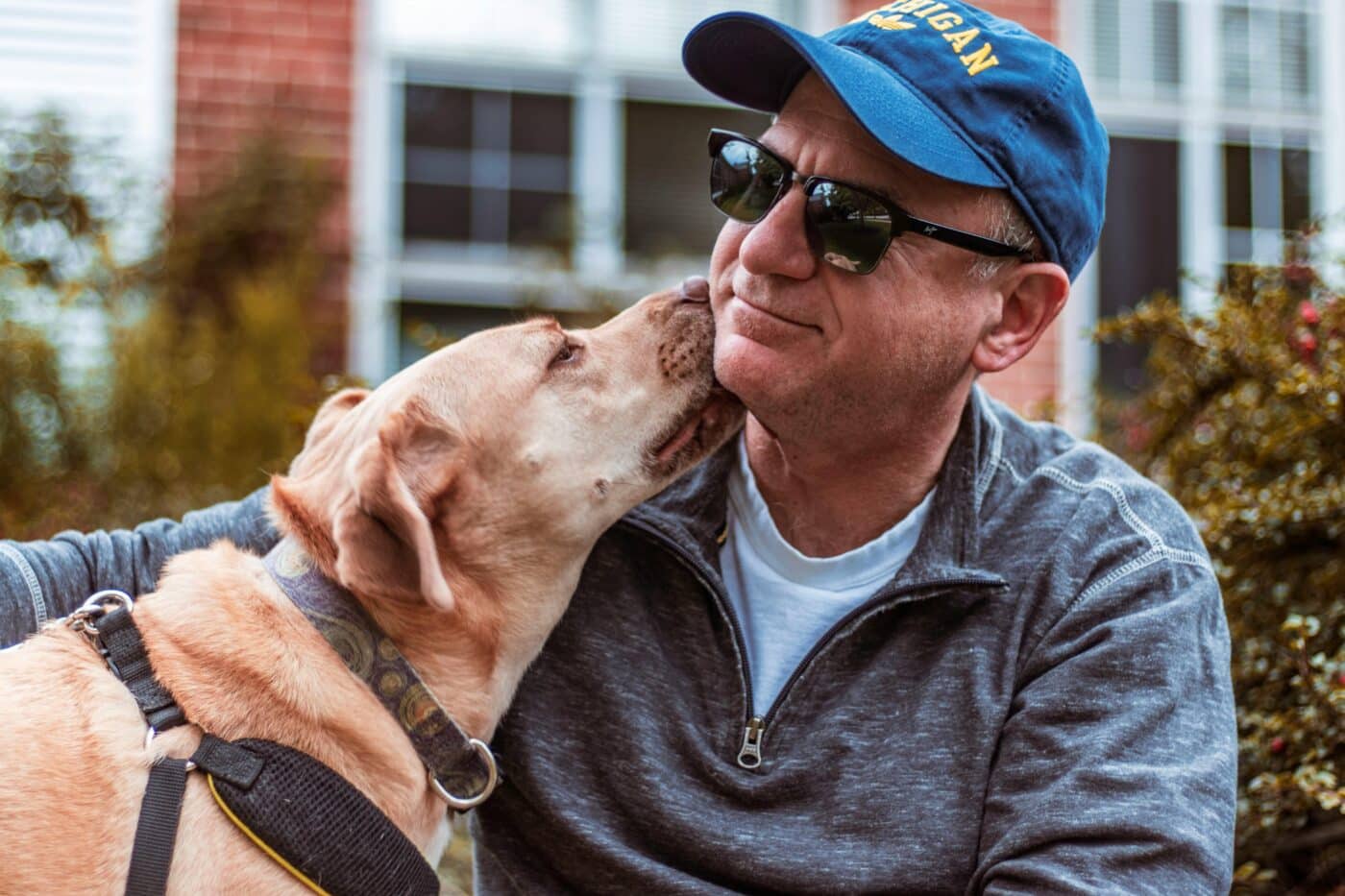 Shutterstock
Shutterstock
Adopting an older dog offers numerous benefits beyond just gaining a loyal companion. Whether you’re seeking a calm, well-trained dog or hoping to make a difference in a senior dog’s life, these older pups still have so much love to give. With their low-maintenance nature and deep sense of gratitude, adopting a senior dog is a rewarding experience for both the dog and their new owner. If you’re ready to welcome a loving, mellow companion, an older dog might be the perfect fit—because with age often comes even more love.

 1 month ago
12
1 month ago
12
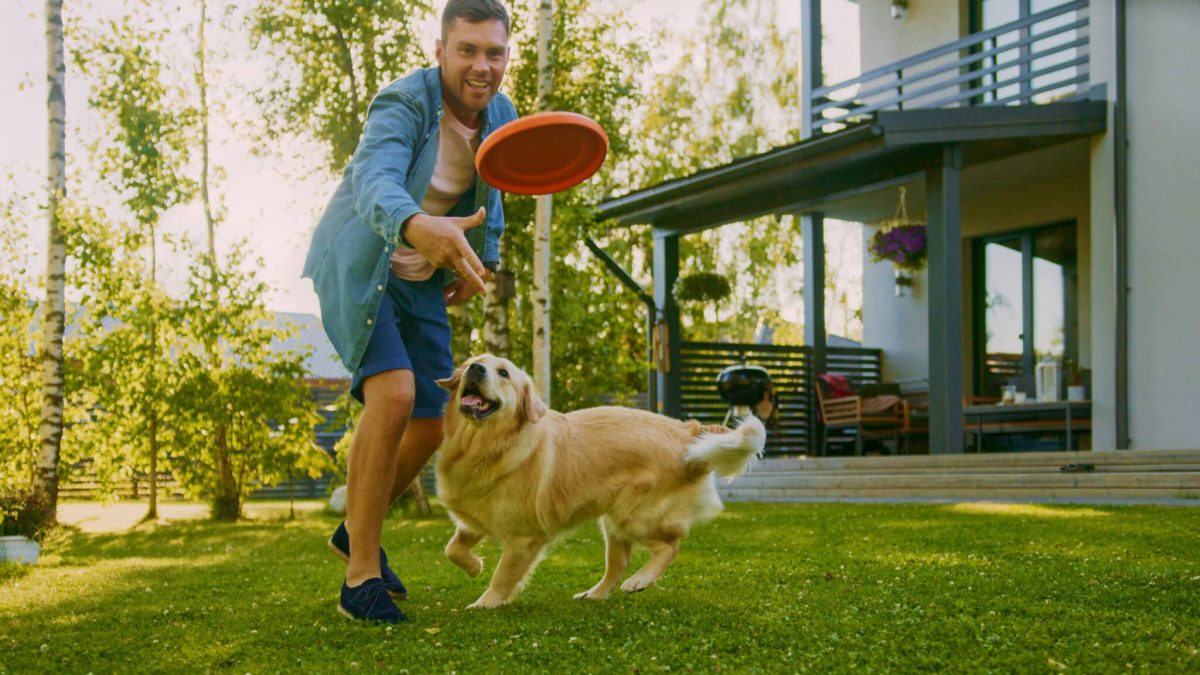

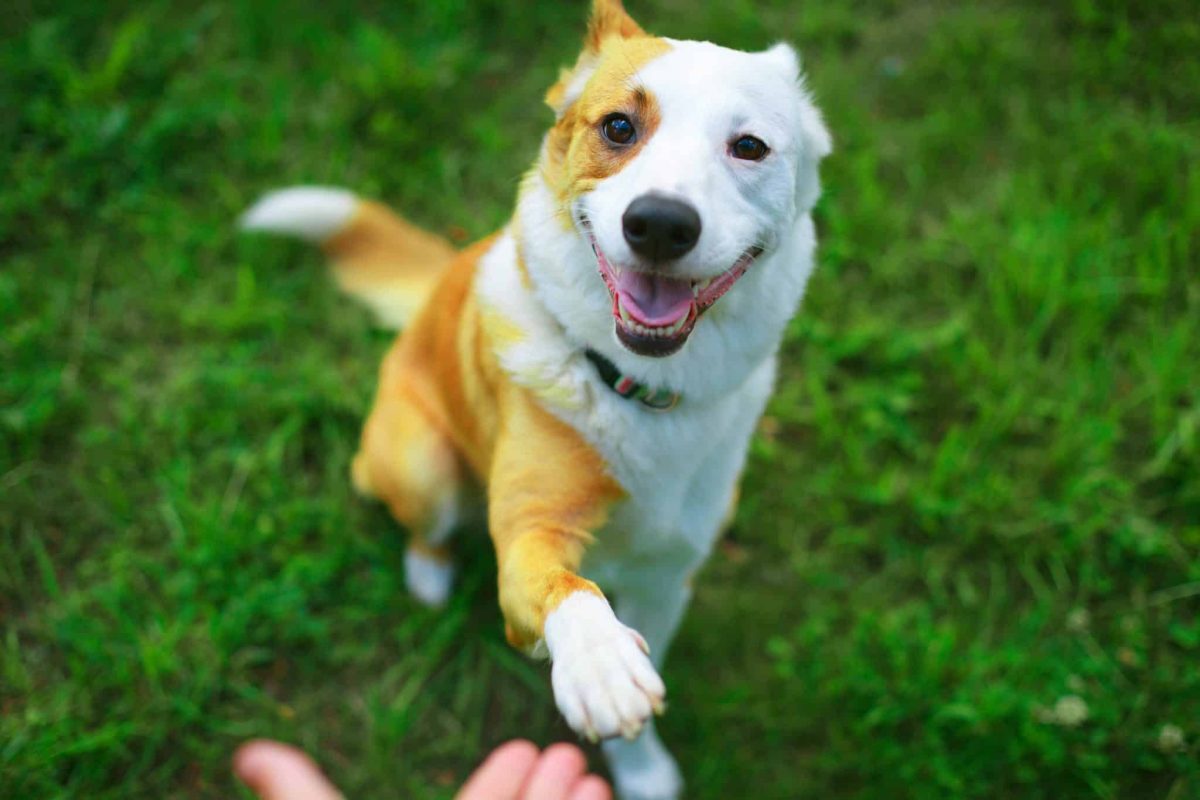

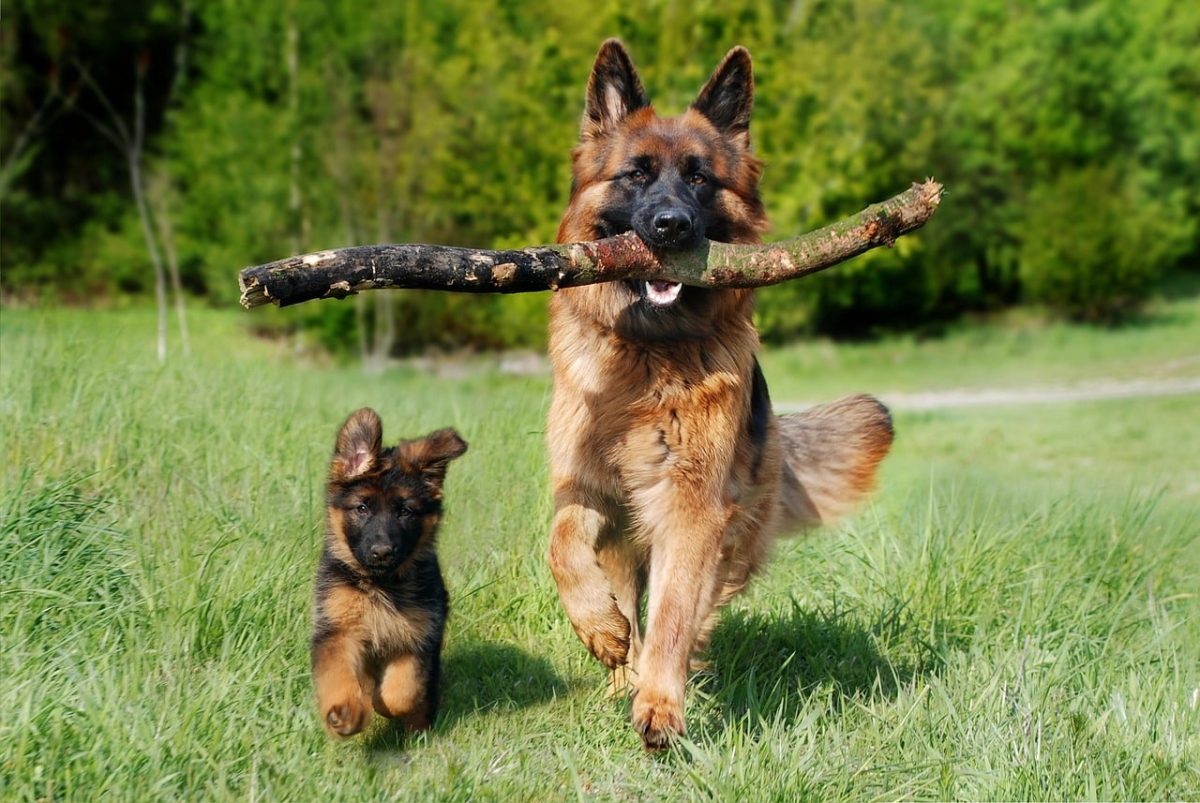

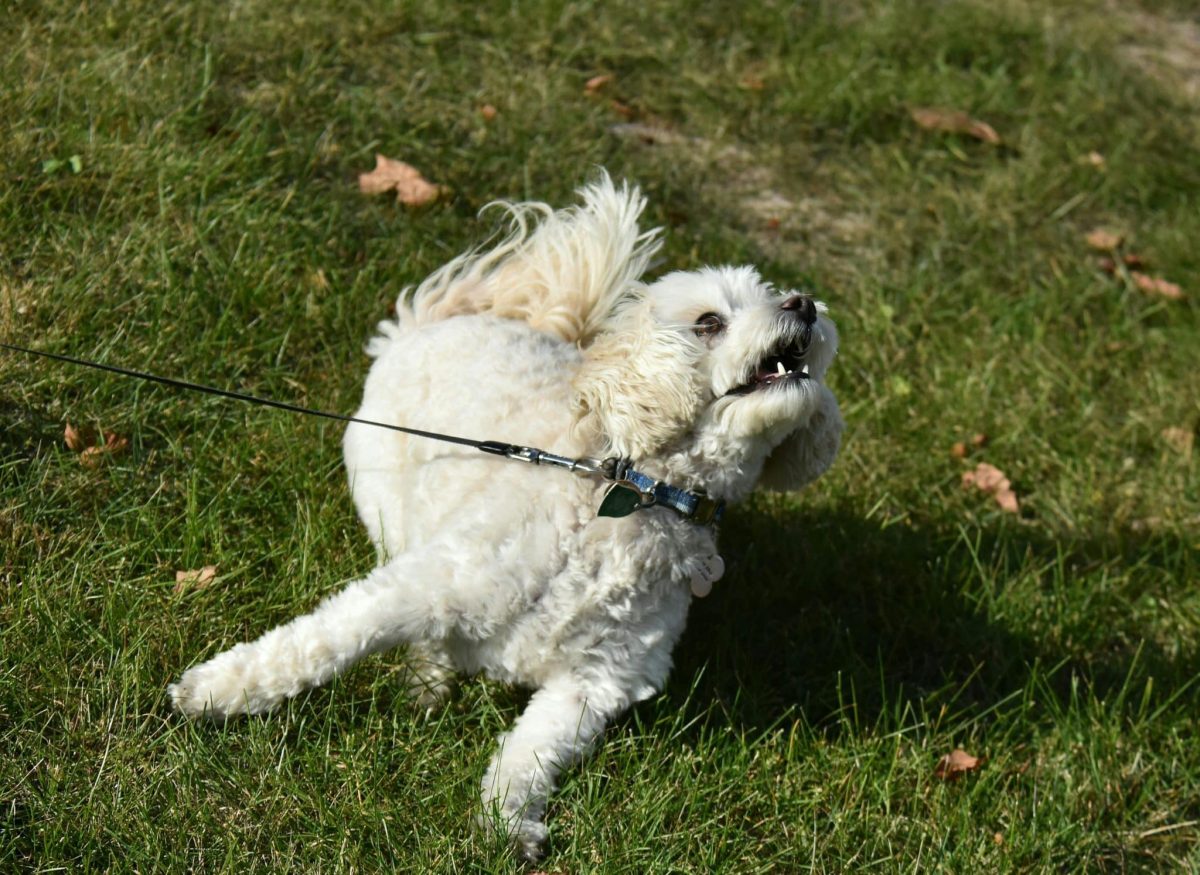

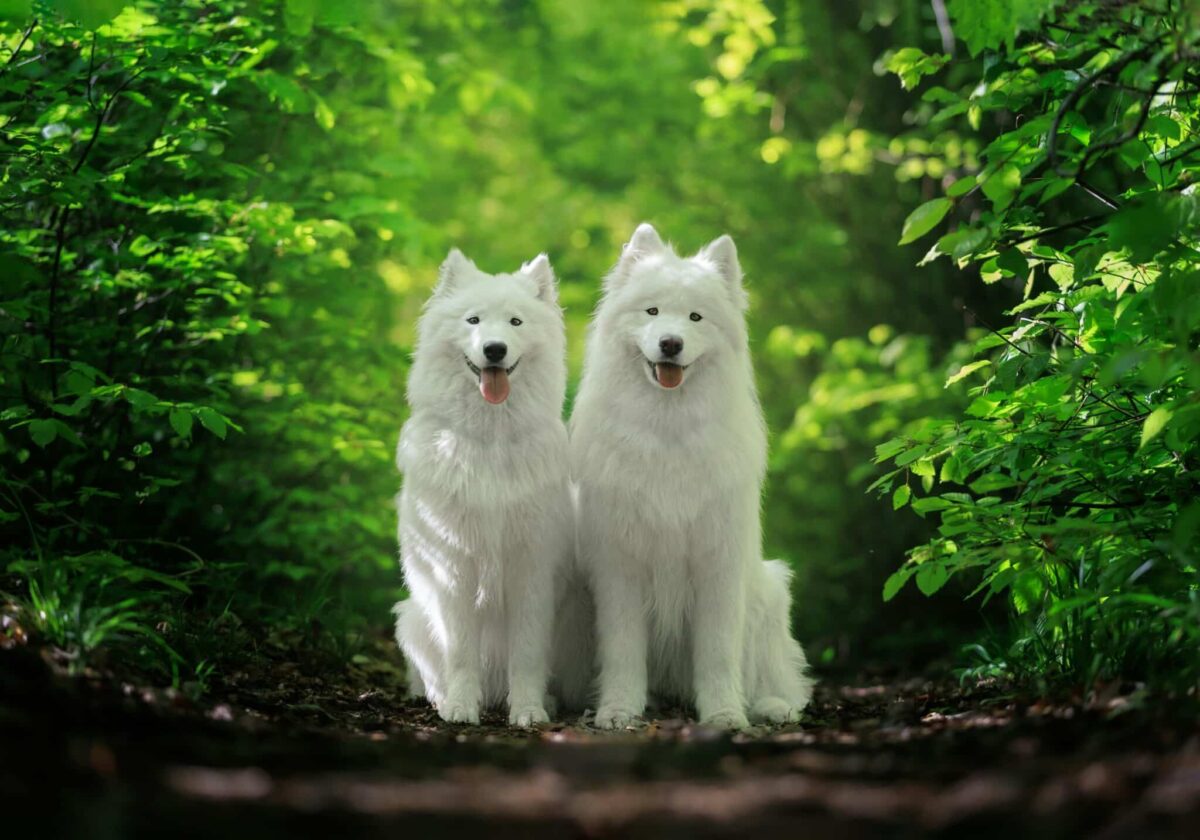
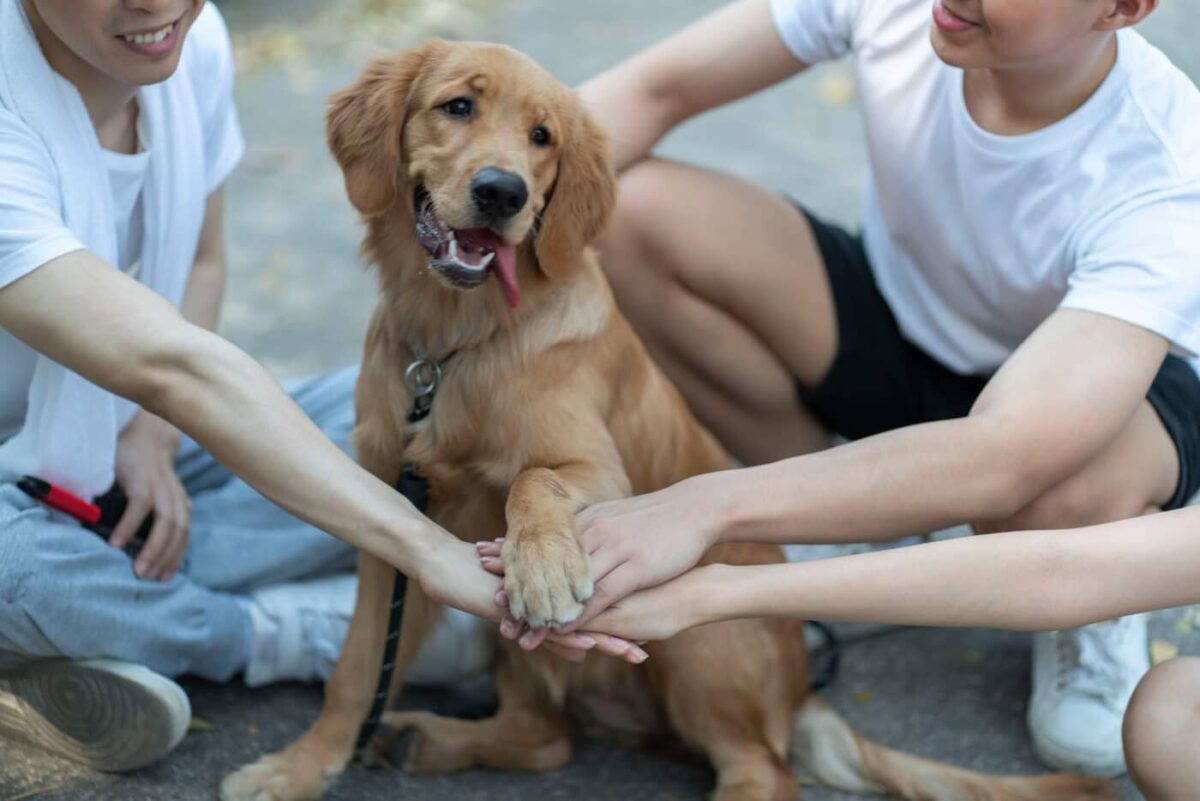
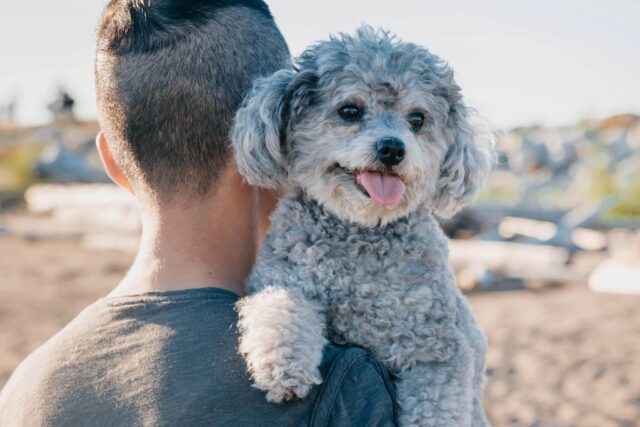
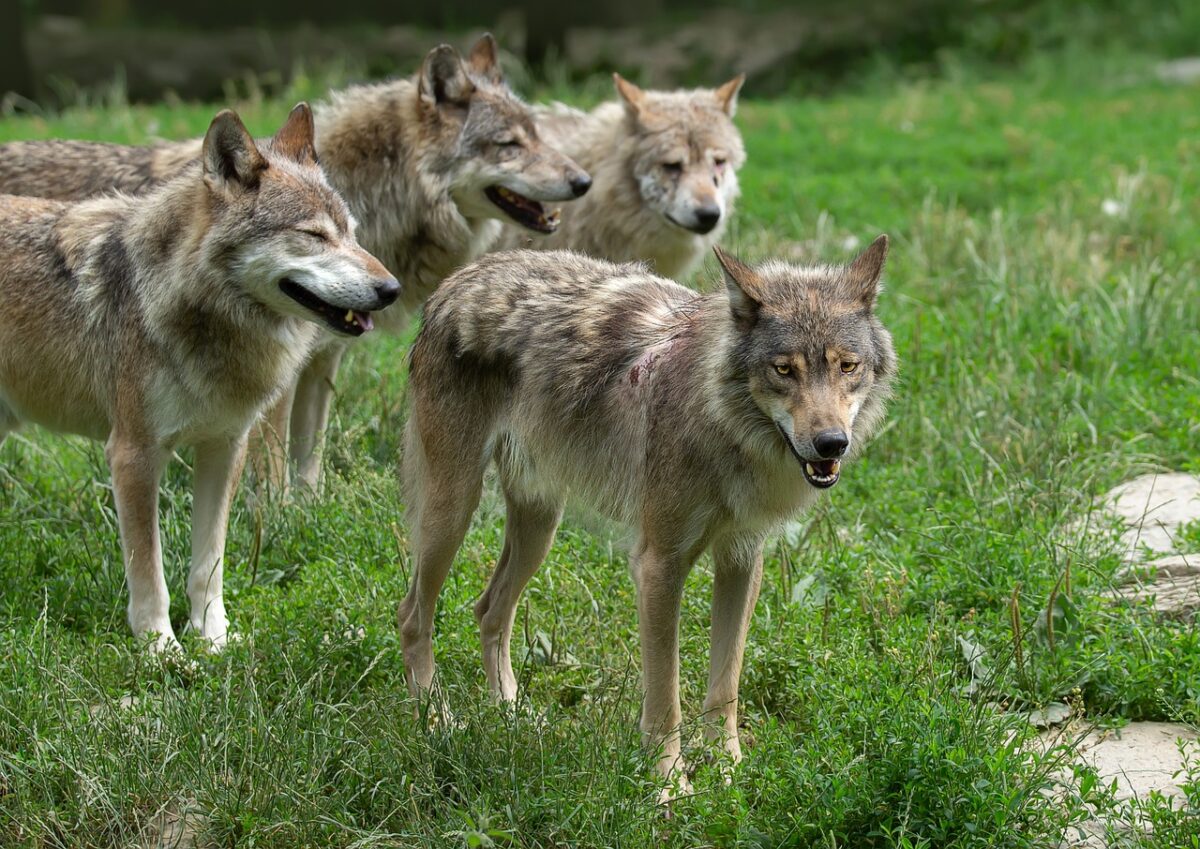
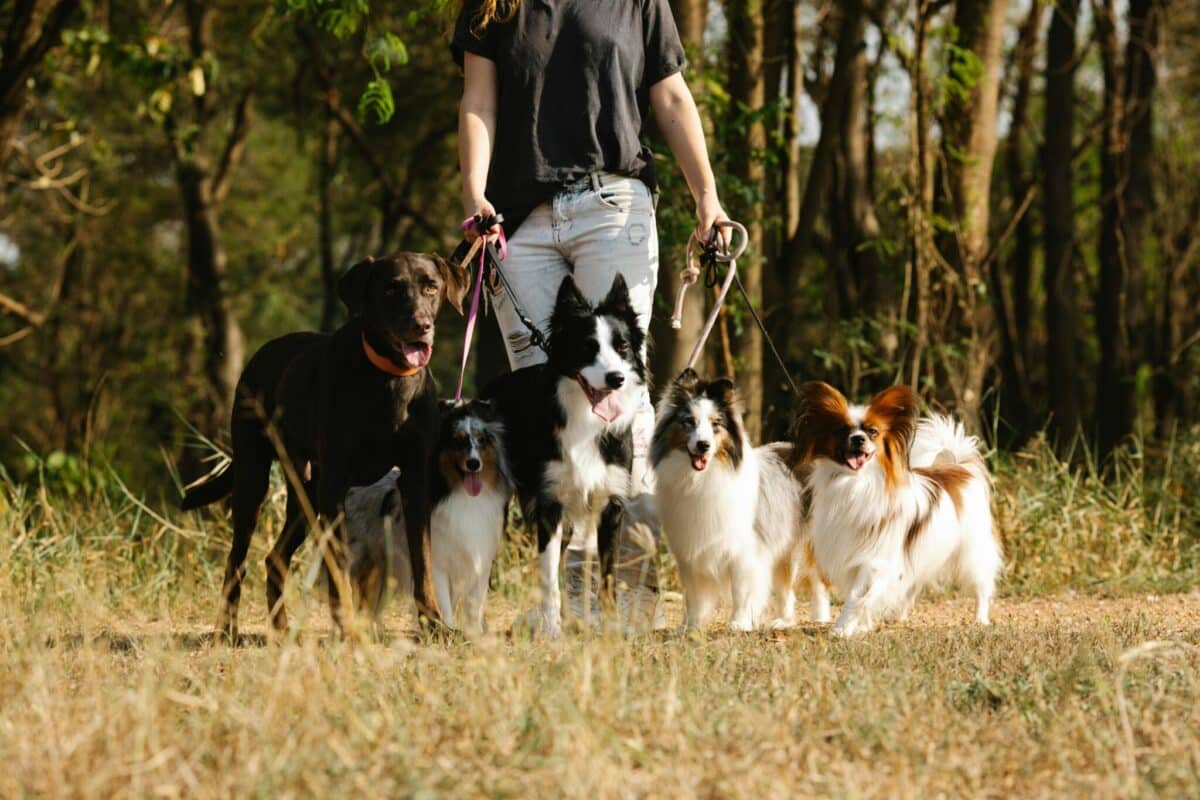



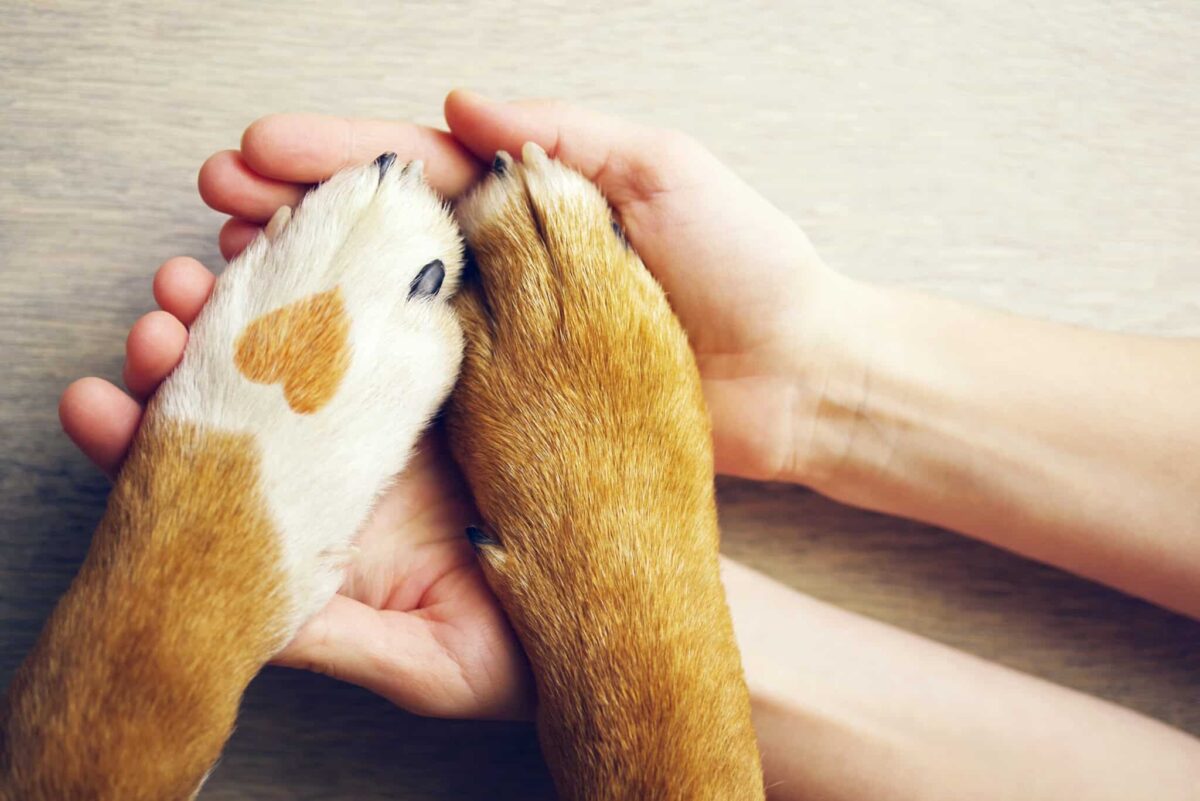
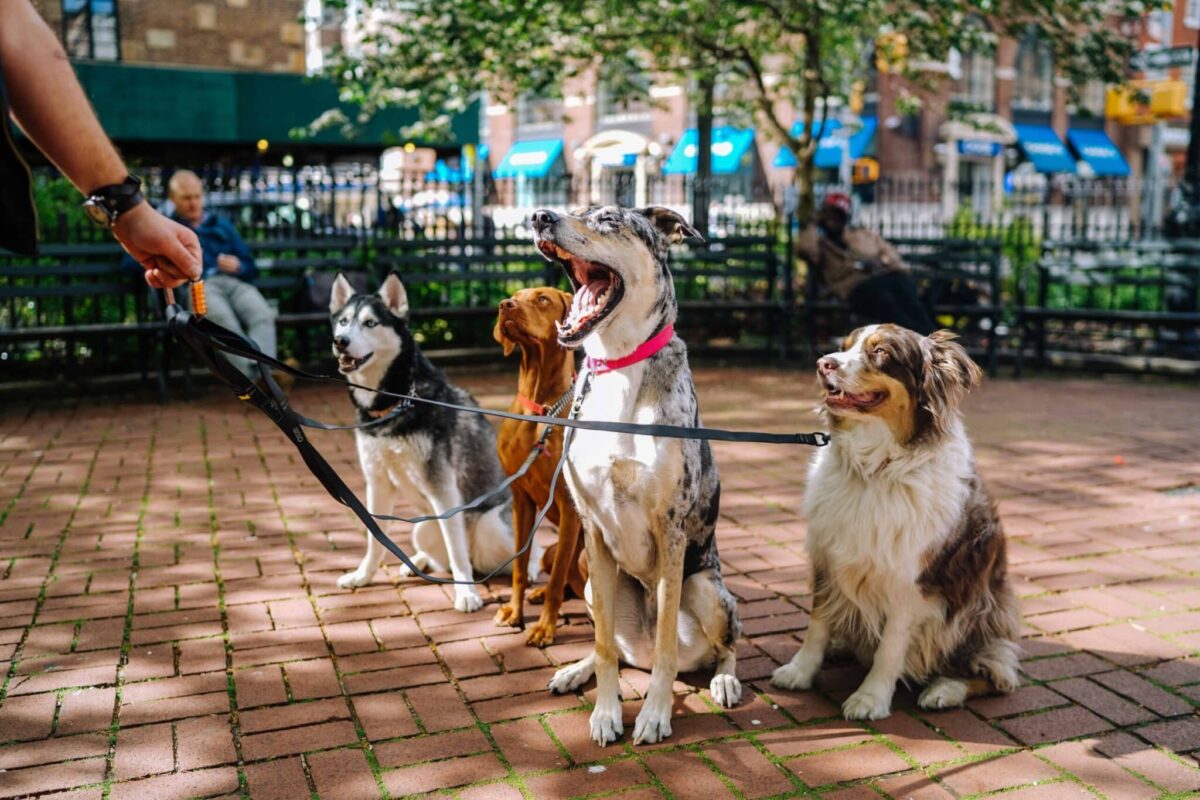
 English (US) ·
English (US) ·